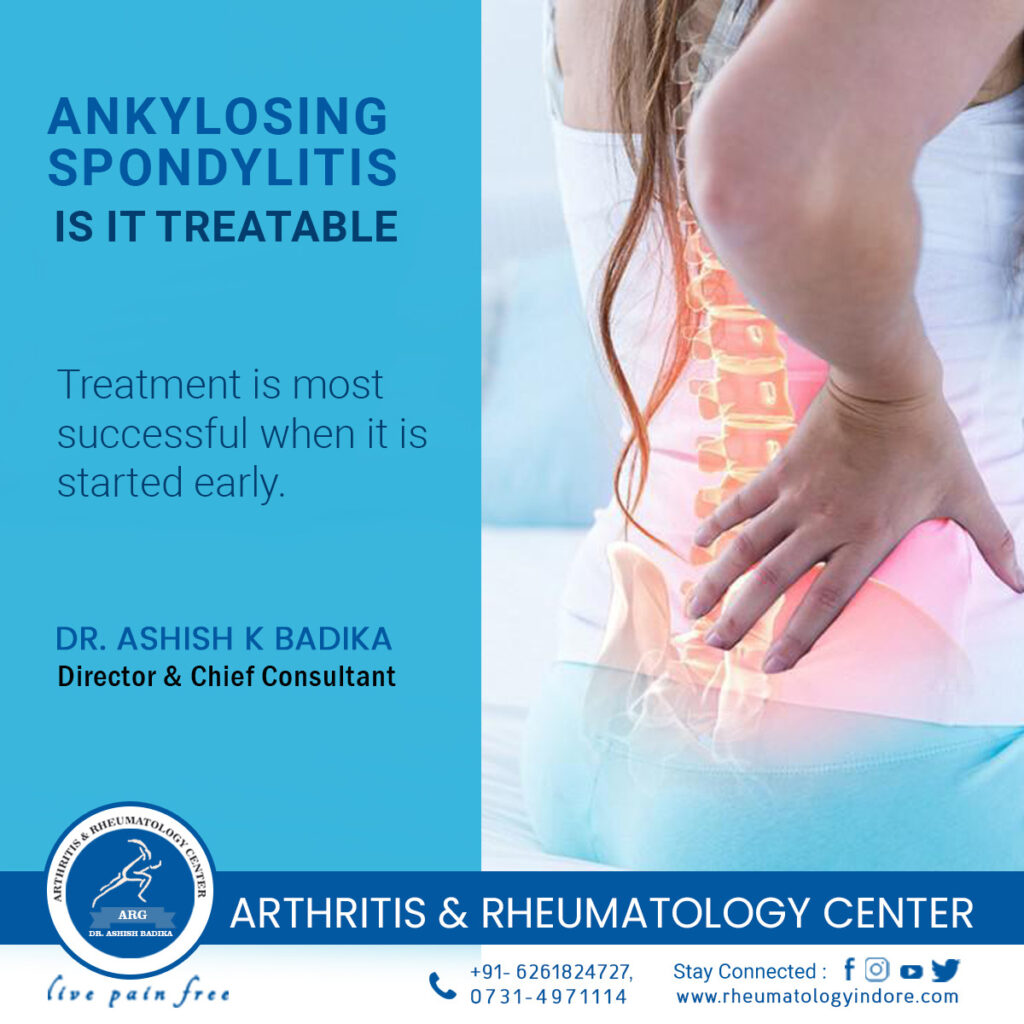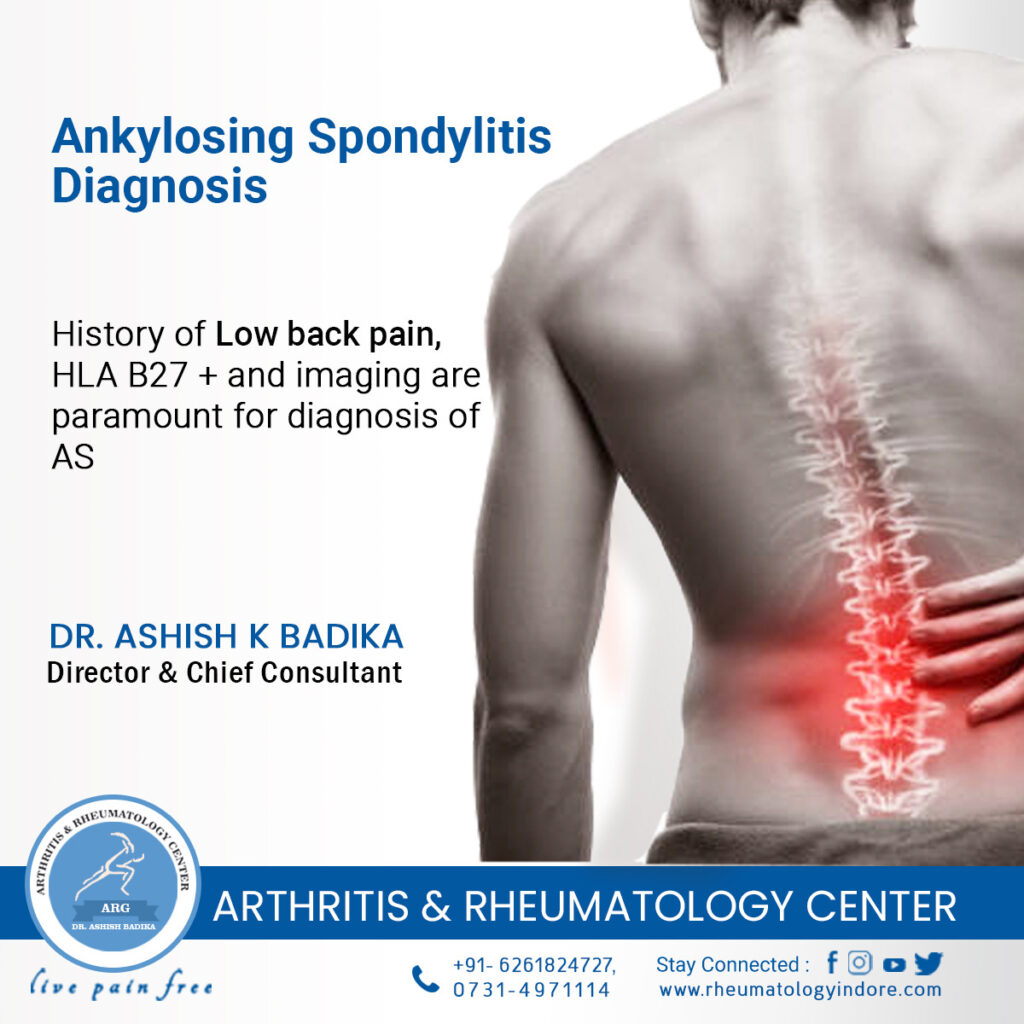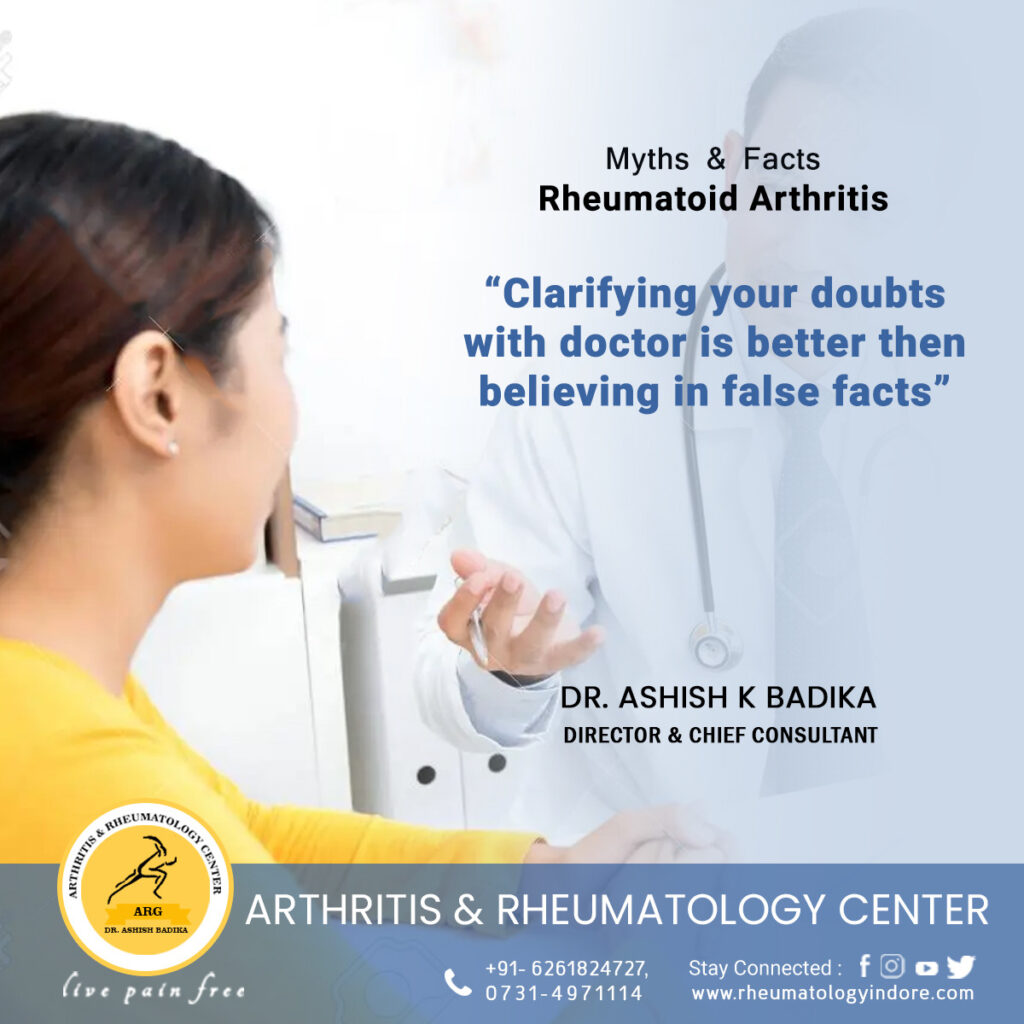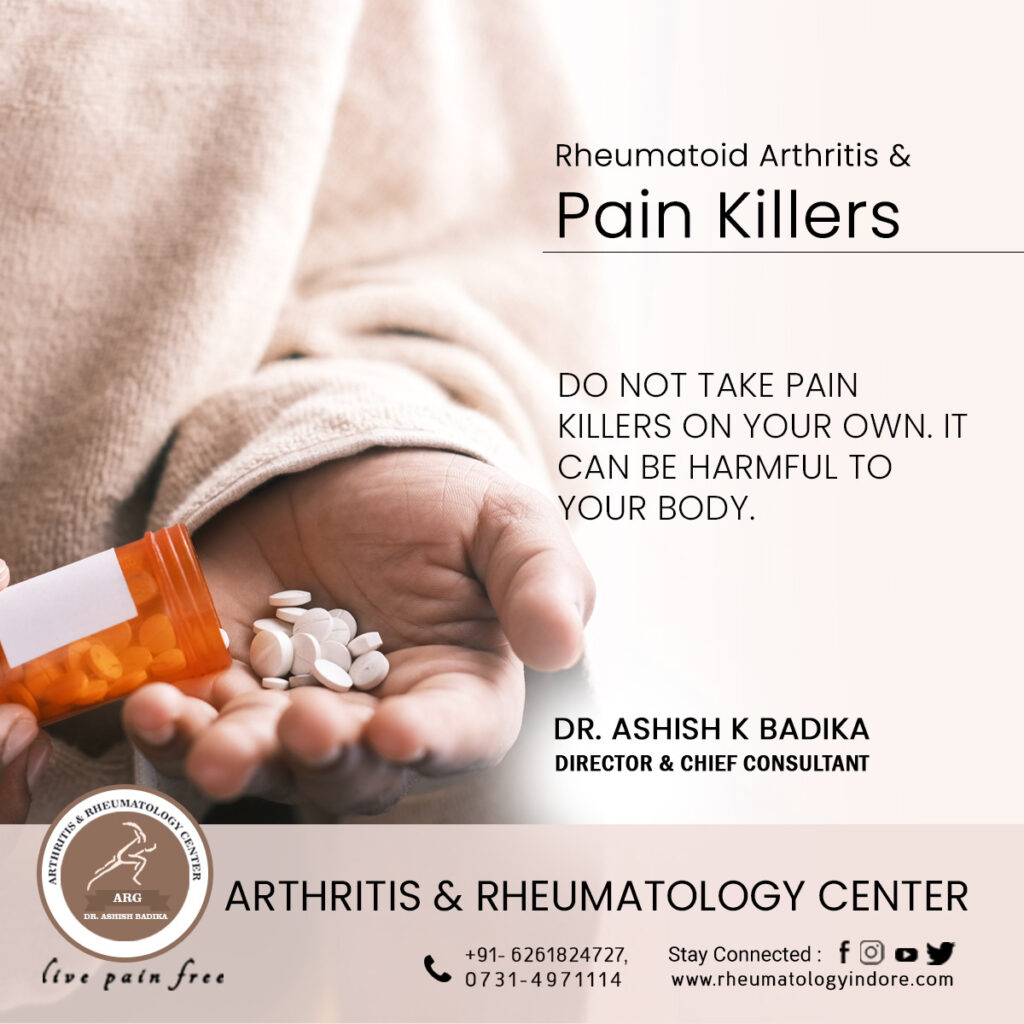Treatment of Ankylosing Spondylitis is aimed at relieving pain and stiffness, reducing inflammation, preventing the condition from progressing, and helping you with your daily activities.
Local injections of corticosteroids are helpful for symptomatic sacroiliitis, peripheral enthesitis, and arthritis. Other drugs, including methotrexate & Sulfasalazine, may be useful for treating AS.
Tumour necrosis factor-alpha (TNFα) blockers & IL 17 inhibitors (Secukinumab) also called biologics have drastically changed the management of AS patients. These drugs work through a unique mechanism and help in controlling the disease symptoms of AS very fast and very effectively.

TNF inhibitors like Infliximab, Golimumab, Adalimumab, Etanercept are available. Another class of drugs available is called JAK inhibitors (Tofacitinib).
These drugs are time-tested and well-researched medicines. Depending on your condition Rheumatologist will decide the best one for you.
Dr. Ashish K Badika has 3 years of advanced training in Rheumatology and Clinical Immunology including 2 years Post Doctoral.
He has extensive exposure to Systemic Autoimmune Disorder (Rheumatoid arthritis, Psoriatic arthritis, Seronegative spondyloarthritis, Systemic lupus erythematosus, Scleroderma, Gout, Myositis, Sjogren’s Syndrome, Vasculitic conditions, and Paediatric rheumatology disorders).








